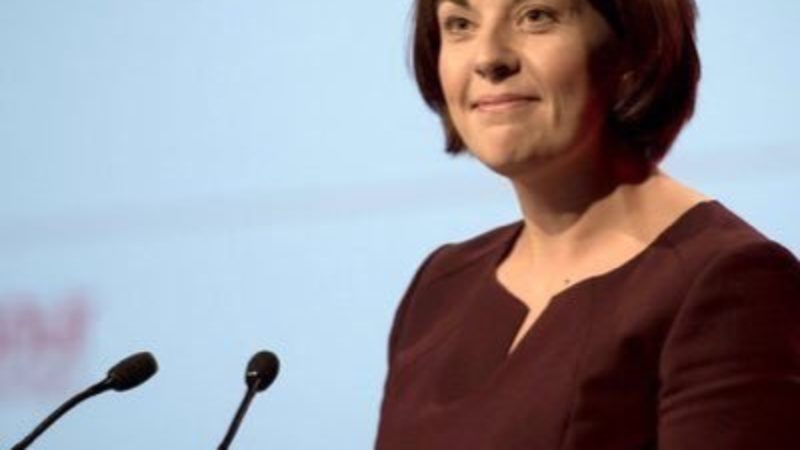

Today marks 18 months since Kezia Dugdale was elected leader of Scottish Labour in a landslide victory, securing 72 per cent of the vote. She took office after the SNP largely wiped out Labour in the Westminster elections for Scotland, with the exception of Edinburgh South’s Ian Murray, and has had to endure another torrid election, with 2016’s Holyrood vote seeing Labour beaten to third place by the Tories.
It is under this backdrop that Dugdale has set about what has been described by many as the hardest task in politics – rebuilding Scottish Labour from a historic low.
Her chosen focus at the moment is on the constitutional question facing Scotland, accepting as well that it in many ways faces the whole of Britain.
Scottish politics is now so dominated by constitutional questions – on possible independence and Brexit – that even when Labour hits upon policies that have popular based support, they get drowned out by broader arguments.
In the 2016 Holyrood elections, Labour policies such as raising the tax rate for the highest earners to support education were popular with many – but this wasn’t enough to stop the party slipping to third. On a debate framed by the polar opposites of independence versus the union, Labour isn’t seen as the strongest option for either, and is squeezed by both the SNP and Tories.
Dugdale’s commitment to progressive politics is clear – she is passionate when talking about what motivated her stand for election – making the world fairer and empowering people. It is clear that the task of confronting the constitutional question is not one she relishes, but it is one that she cannot avoid.
The SNP are clearly failing on policy – their insistence on not using the new powers passed to Holyrood on tax to stop cuts to vital public services showing that they are happy to use austerity, which appears to be coming from Westminster to bolster their arguments for independence.
For the 2015 Westminster elections, the SNP pledged to raise the highest rate of income tax. They have since backtracked on this when the powers were devolved, which Dugdale rightly hammered them for.
“The vast majority of the people in Scotland want what the Labour party wants – a strong Scotland, with a strong Scottish parliament, inside the United Kingdom” she said at an event at UCL on Monday.
She’s not wrong, and on the face of every bit of polling data it is clear that this is what Scots want – but yet, Labour struggles to make up lost ground.
How can this be? It is clear that this is a question that frustrates Labour north of the border, particularly as several of their core policies enjoy public support when considered outside of party politics. At the same time the SNP in government has backtracked on soft-left electoral pledges in favour of delivering an austerity agenda – but remain well ahead in first place in the polls, with the Tories holding on to second as the stronger Unionist force.
Indeed, you could hear a note of frustration in Dugdale’s words, which is understandable given that her party is in tune with the electorate on many issues but is stuck in third.
This is, however, the reality for Scottish Labour – their leader can say sensible things but their impact on the average voter seems low. The proposed conference motion to formalise Scottish Labour’s policy of federalism seems like the very definition of a sensible policy.
It remains to be seen when the continued failures of SNP to deliver on their promises for government will eventually hit their support. Such a change could also have the knock-on effect of seriously reducing the chances of independence. Until then, however, Scottish Labour will use Dugdale’s passion and articulacy as the base to rebuild its own fortunes and battle back from the foothills of third place.




More from LabourList
‘SEND reforms are a crucial test of the opportunity mission’
Delivering in Government: your weekly round up of good news Labour stories
Labour place third in Gorton and Denton by-election as Greens gain seat